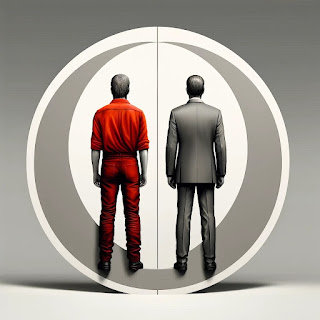God: The Ultimate Atheist?

The Almighty’s Existential Crisis Amidst Humanity’s Atrocities In a surprising turn of events, sources close to the divine have revealed that God, the omnipotent and omniscient creator of the universe, is currently grappling with a crisis of faith. Insiders report that the Almighty has been questioning His own existence in light of the numerous atrocities committed by humanity throughout history. “It’s been a tough few millennia for the Big Guy,” said one angel, who spoke on condition of anonymity. “He’s been watching humans wage wars, commit genocides, and engage in all sorts of unspeakable acts, all while claiming to do so in His name. It’s enough to make anyone question their purpose.” Sources say that God has been spending an increasing amount of time in His heavenly chambers, poring over philosophical texts and engaging in deep introspection. “He’s been reading a lot of Nietzsche lately,” said another insider. “We’re starting to worry that He might be losing His faith in Himself


.webp)